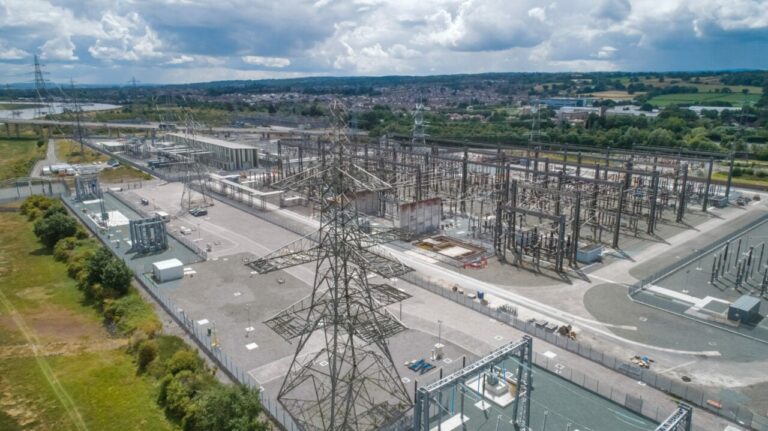National Grid ESO is reviewing the methodology used to calculate energy storage derating factors, with project managers saying they currently undervalue the technology.
Increasingly, British capacity market auctions have signed contracts for the purchase of reserve energy capacity from energy storage. The amount paid for a resource depends on its reliability: how well the resource will provide standby capacity.
The ESO is reassessing the way it determines how much surcharge is paid on the capacity market, the so-called ‘derating factor’. The derating factor is the percentage of the total auction rate that a technology type receives.
Chris Wickins, technical director of developer-operator Field, told our sister store Energy storage.news: “National Grid is looking at the derating factors for energy storage in the capacity market and has proposed increasing these in future auctions.
“This is because, after taking a closer look at the energy storage purchased to date, they have realized that the assets as a whole are more useful than current derating factors would imply.”
He added that moving to a central shipping system would improve the usefulness of the storage. In the current self-dispatch system, operators are responsible for their dispatch in response to stress event notifications; The change would see ESO or an equivalent company control the entire fleet of energy storage resources.
Six years since the last methodology update
National Grid ESO periodically reviews model assumptions and methods in response to market developments; the current working method was introduced in 2018.
As things stand now, the derating factor for energy storage depends on its duration: 0.5-hour systems receive roughly 4-5% of the rate, with a phased increase to around 90% for 8-hour systems hours or more.
Battery energy storage is a relatively new technology, having been widely introduced after the initial derating methodology was first established in 2014. As such, a battery storage-specific method may be necessary, according to developer-operator Zenobe.
One problem arises because operators can bid with a longer duration than their project actually has, by bidding with a lower MW power capacity than their rated output.


